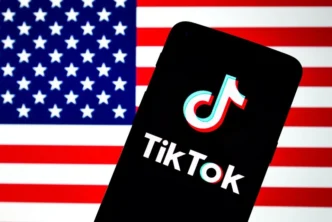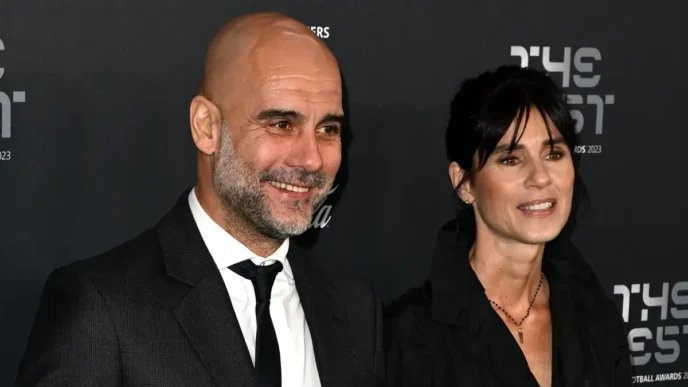TikTok has announced plans to cease operations in the United States by January 19, 2025, if no resolution is reached regarding ownership.
This comes after legislation signed by President Joe Biden last year required ByteDance, TikTok’s parent company, to sell its U.S. operations to an American entity or face a ban.
The measure stems from concerns about potential surveillance of U.S. residents by the Chinese government.
TikTok, a platform with over 170 million monthly users in the U.S., has filed an emergency motion to prevent the ban, citing violations of the First Amendment and the economic impact of its closure.
According to a Dec. 9 legal filing, the company argued that the law would result in “substantial losses” and disrupt one of the nation’s most popular platforms.
The Supreme Court is set to hear arguments on January 10 to determine whether the law will be upheld.
Meanwhile, efforts to purchase TikTok’s U.S. assets have gained traction.

Kevin O’Leary, a prominent entrepreneur and investor, expressed interest, emphasizing the need to protect user privacy.
“This isn’t just about buying TikTok’s U.S. assets,” O’Leary stated.
“It’s about empowering creators and small businesses and building a platform that prioritizes people over algorithms.”
He noted that working with President-elect Donald Trump, who takes office on January 20, would be crucial for closing the deal.
The potential ban has sparked debates about the balance between national security and free expression.

O’Leary added, “TikTok has immense potential, not just as a tool for creators but as a driver of meaningful economic and social impact.”
As negotiations continue, users and stakeholders eagerly await the Supreme Court’s decision, which will likely shape the future of the platform in the U.S.
This development underscores the growing scrutiny over social media platforms and the role governments play in safeguarding national interests.
The outcome of this case could set a precedent for how similar concerns are addressed globally.












